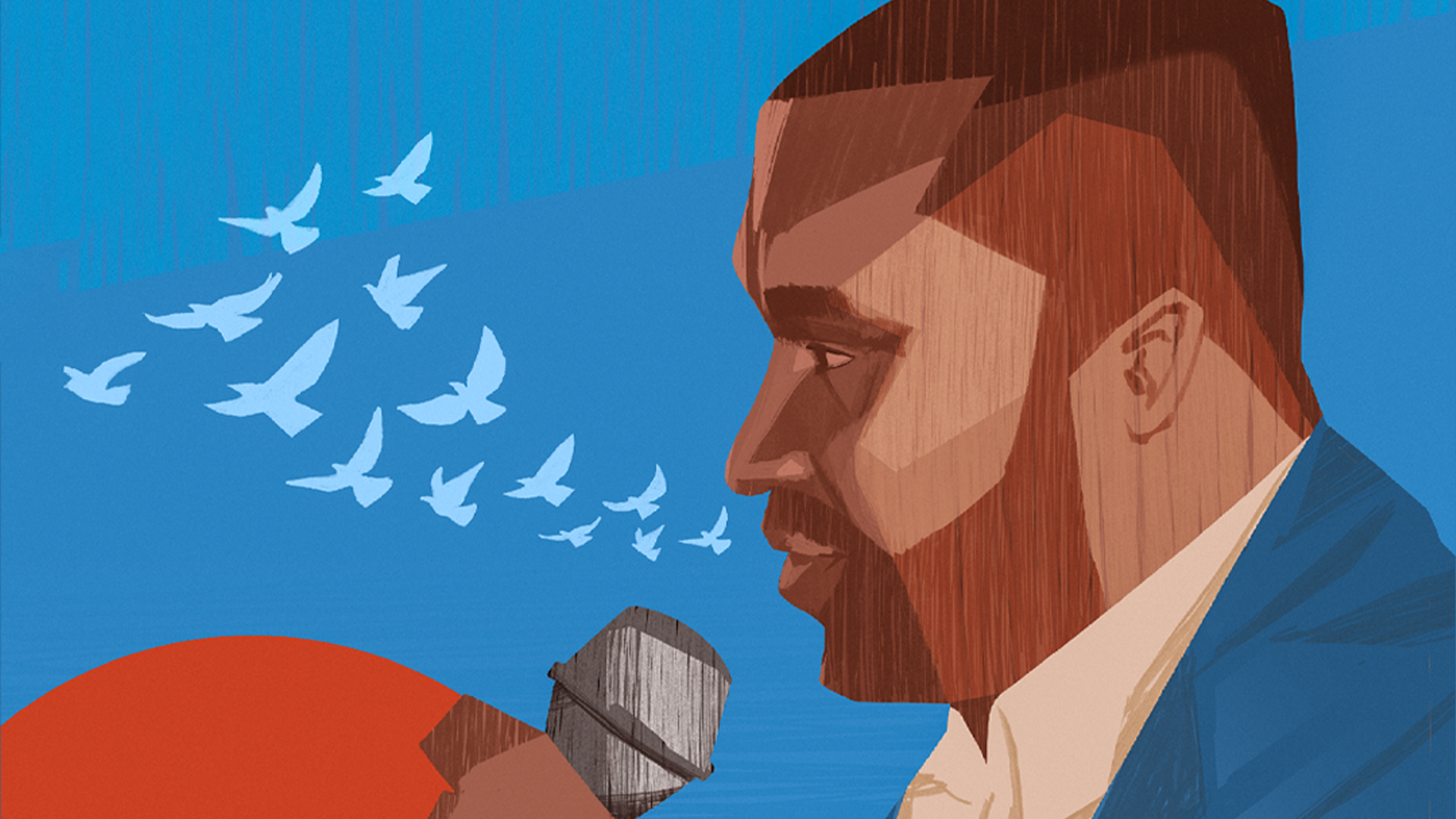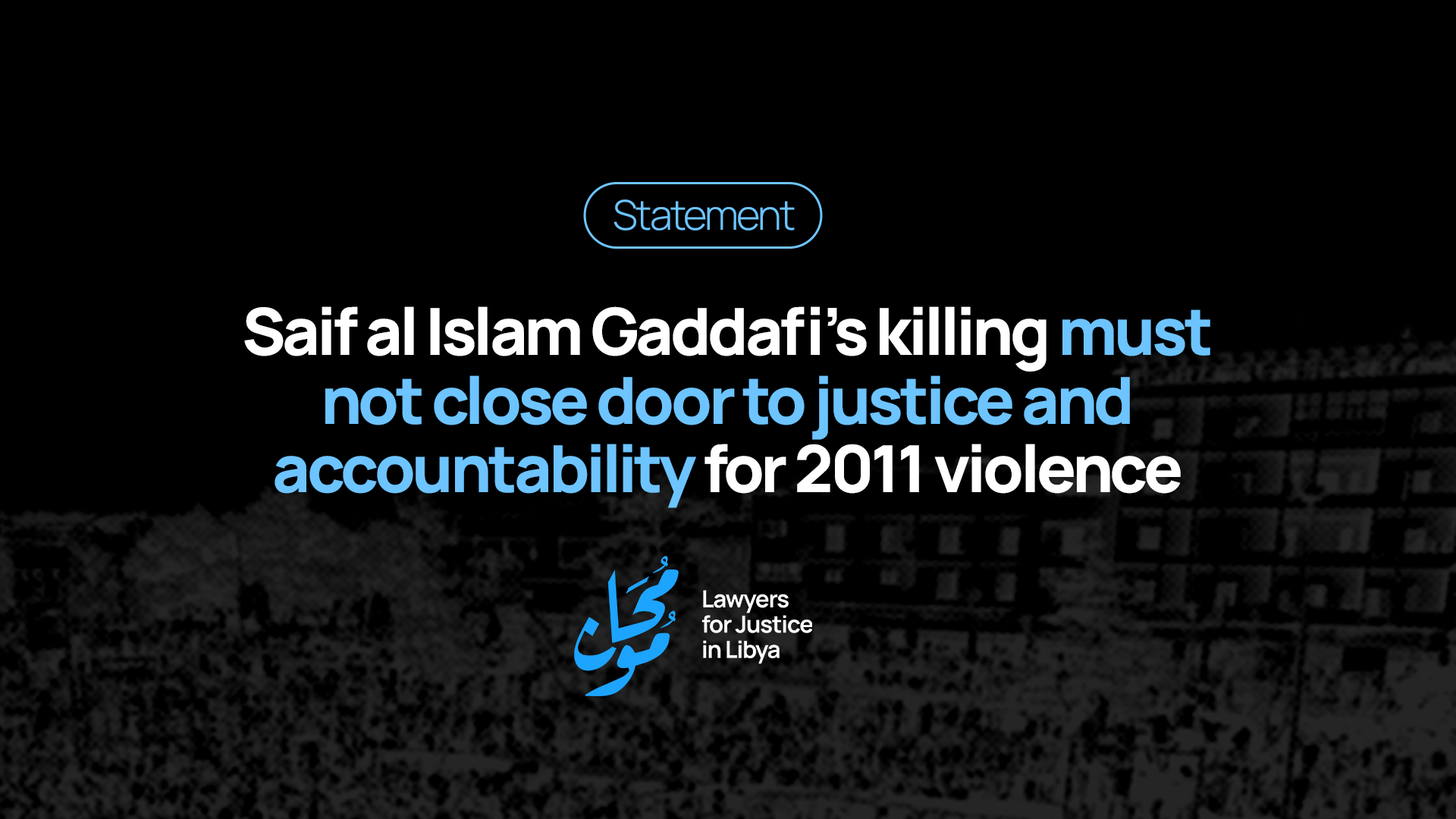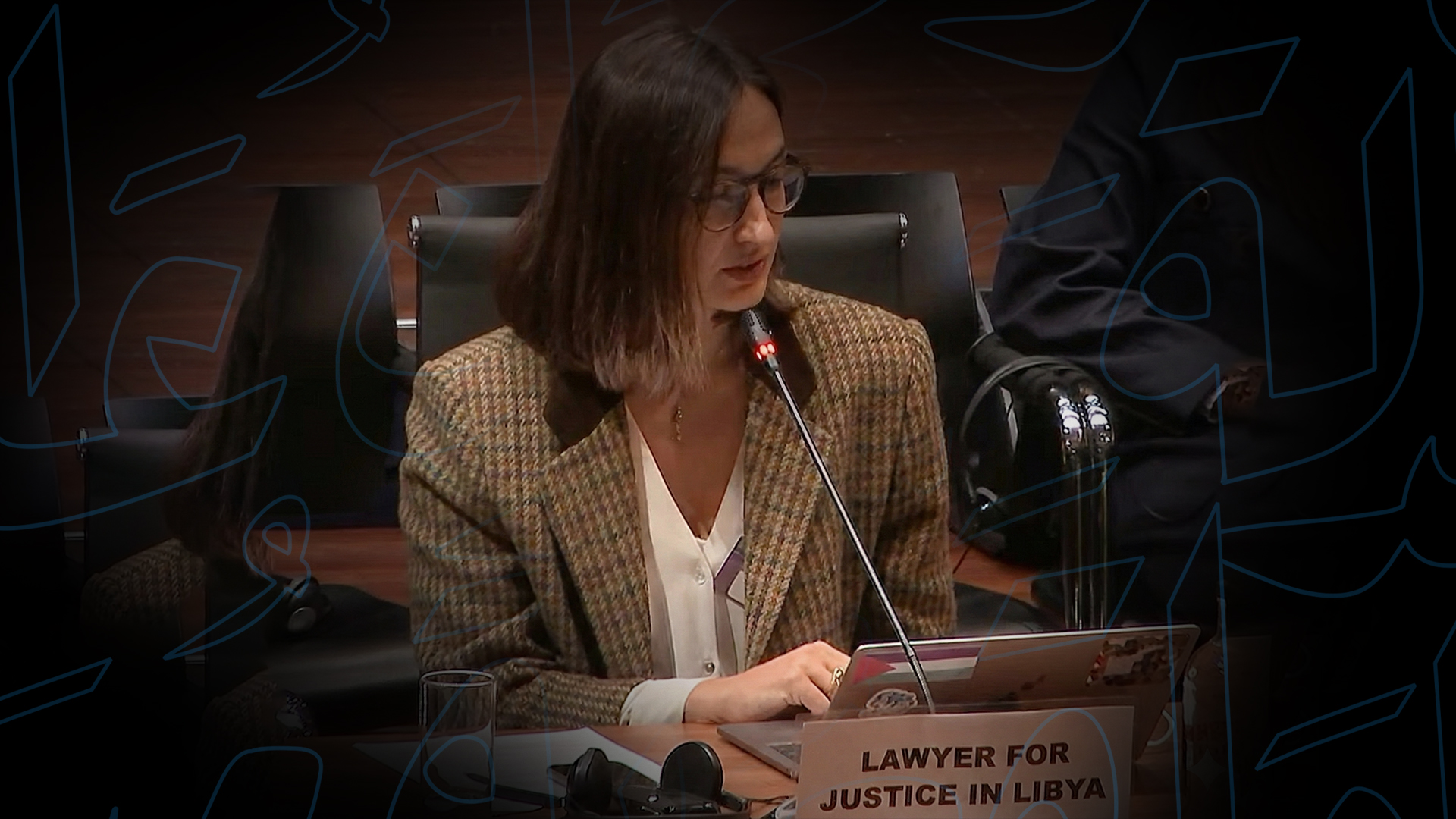Eliminating sexual violence in conflict in Libya
The use of sexual violence1 as a weapon in conflict has been documented for as long as historians have recorded warfare. In Libya, the case is no different. Since the start of the conflict in 2011, sexual violence has been perpetrated with absolute impunity. The breakdown of the rule of law, the prevalence of criminal networks such as traffickers and extremist groups in Libya, and access to arms, has built an environment where sexual violence is rampant. Women and girls continue to be particularly at risk and unprotected.
On this International Day for the Elimination of Sexual Violence in Conflict, LFJL urgently calls on the Libyan authorities to:

- Enact victim-centred laws and legal measures that specifically focus on conflict-related sexual violence, in line with international humanitarian and human rights law standards, including redress and psycho-social support for survivors of sexual violence, whether during conflict or post-conflict. This should also include protection and preventative measures for migrants and refugees and victims of trafficking;
- Implement mandates from the United Nations Security Council Resolution 1325 on Women, Peace and Security (WPS), particularly calling for all parties to take special measures to protect women and girls from gender-based violence, especially sexual violence, in the context of armed conflict, including in emergency and humanitarian contexts;
- Launch meaningful investigations into the conflict-related sexual violence committed, to identify those responsible and hold them accountable for the crimes;
- Enact stronger legal and protective measures in detention and prison facilities to protect detainees, including migrants and refugees, from sexual violence, including the release of all those arbitrarily detained. Ensure redress and support for survivors of trafficking, sexual exploitation, torture and rape.
[1] Conflict-related sexual violence encompasses rape, sexual slavery, forced prostitution, forced pregnancy, forced abortion, enforced sterilisation, forced marriage, trafficking and other sexual violence crimes that are directly or indirectly linked to a conflict.





